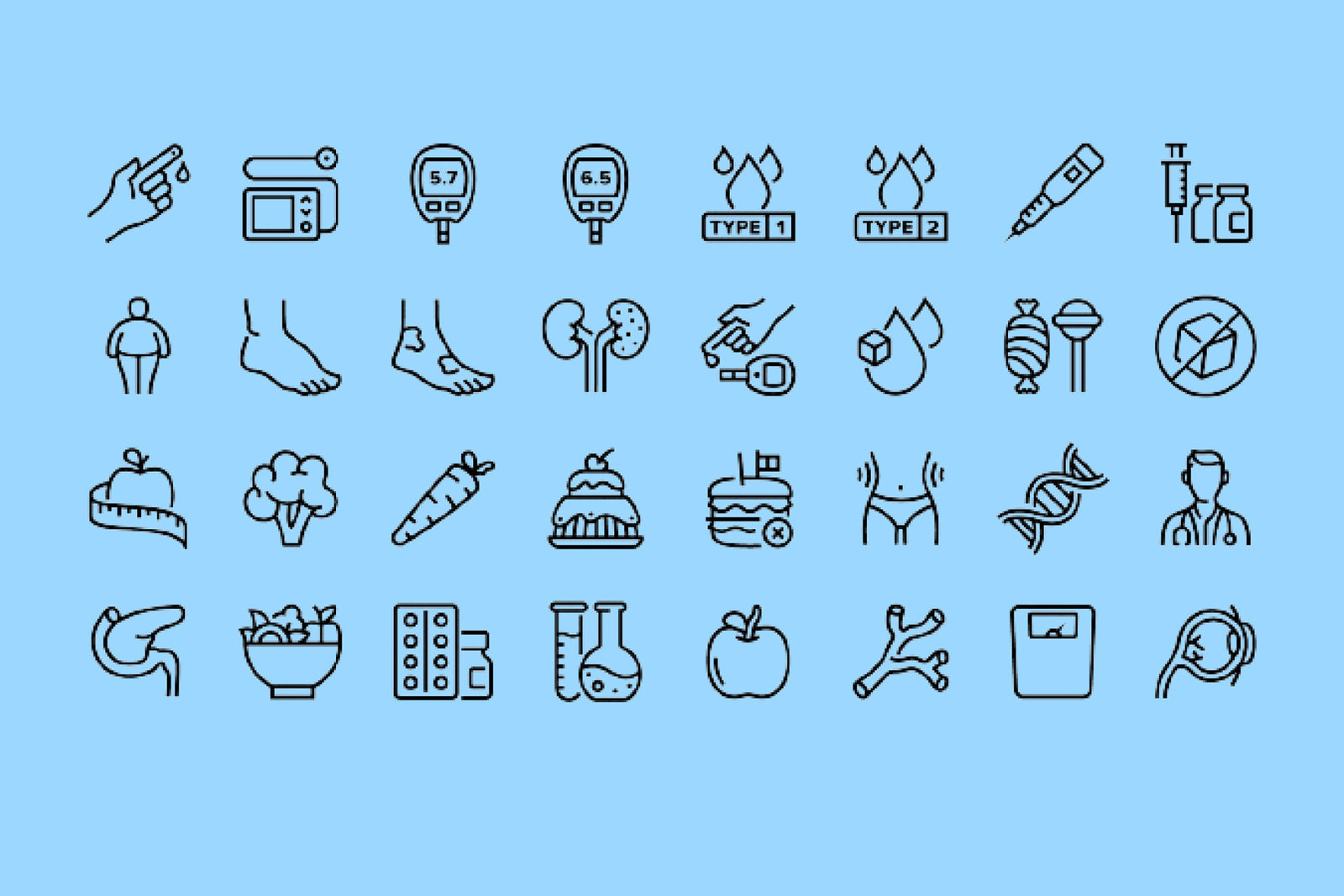SIRT6, NAD+, and Heart Health: What Your Genotype May Mean
NAD+ is a central molecule in every cell that helps turn food into energy, repair DNA, and keep cells running smoothly. SIRT6 is a gene that makes a protein dependent on NAD+. This protein helps protect DNA, limit inflammation, and manage energy use. Those actions are important for healthy aging and a healthy cardiovascular system. Variations in SIRT6 can change how well these protective functions work and may influence risk for conditions such as coronary artery disease.
How SIRT6 Works
- DNA protection and repair: SIRT6 helps fix damaged DNA and maintain genomic stability.
- Inflammation control: SIRT6 helps keep inflammatory responses in check, which matters for blood vessel health.
- Energy and metabolism: SIRT6 influences how cells use energy and respond to metabolic stress, processes closely linked to cardiovascular risk.
- NAD+ dependence: SIRT6 requires NAD+ to function. Supporting NAD+ availability can help SIRT6 do its job.
What You Can Do to Support SIRT6 and NAD+
While genes shape risk, lifestyle and diet can influence how that risk plays out. The following practical steps are aimed at supporting NAD+ levels and SIRT6 activity in ways that promote cardiovascular health and healthy aging.
Diet
- Prioritize vitamin B3 rich foods: fish, turkey, chicken, mushrooms, and whole grains provide niacin and related nutrients that feed NAD+ pathways.
- Include tryptophan sources: eggs, dairy, legumes, nuts, and seeds support pathways that can help make NAD+.
- Eat antioxidant rich foods: berries, leafy greens, cruciferous vegetables, and colorful produce reduce oxidative stress that can damage DNA and blood vessels.
- Focus on whole foods: minimize highly processed foods, added sugars, and trans fats that promote inflammation and metabolic stress.
Supplements to Discuss With Your Provider
- NAD+ precursors: Nicotinamide riboside and nicotinamide mononucleotide are supplements that may raise NAD+ levels. Use only under medical guidance, especially if you have chronic conditions or take medications.
- Vitamin B3 forms: In some cases a healthcare provider may recommend nicotinic acid or nicotinamide to support niacin status.
- Antioxidant support: Standard multivitamin, vitamin C, and vitamin E may be considered under guidance when dietary intake is insufficient.
- Omega 3 fatty acids: Fish oil can support cardiovascular health by reducing inflammation and improving lipid profiles.
Lifestyle
- Exercise regularly: Both aerobic and resistance training support mitochondrial function, NAD+ metabolism, and vascular health. Aim for at least 150 minutes of moderate activity per week, plus strength sessions twice weekly as tolerated.
- Intermittent fasting or time restricted eating: These patterns can promote NAD+ related pathways and cellular repair. Start gradually and consult your provider if you have medical conditions.
- Sleep and recovery: Aim for consistent, good quality sleep. Sleep supports metabolic repair processes and helps maintain healthy NAD+ cycles.
- Stress management: Chronic stress raises inflammation and metabolic strain. Use techniques such as mindfulness, breathing exercises, regular movement, and social support.
- Limit alcohol and tobacco: Excess alcohol and smoking reduce NAD+ and worsen inflammation, increasing cardiovascular risk.
Genetic Interpretation for rs352493
2 effect alleles (CC)
If your genotype is CC for rs352493 you carry two copies of the effect allele. This variant is associated with increased risk of more severe coronary artery disease. SIRT6 depends on NAD+ to protect DNA, limit inflammation, and regulate energy metabolism. A CC genotype may be linked to less optimal SIRT6 function, which could reduce these protective effects in heart and blood vessel cells.
Actionable steps
- Focus on a diet high in vitamin B3 and tryptophan to support NAD+ synthesis.
- Prioritize antioxidants from fruits and vegetables to reduce oxidative stress.
- Adopt a consistent exercise program and consider intermittent fasting patterns after consulting your provider.
- Talk with your healthcare provider about NAD+ precursor supplements if appropriate and safe for you.
- Monitor cardiovascular risk factors with your provider, including blood pressure, lipids, and blood glucose.
1 effect allele (CT)
If your genotype is CT for rs352493 you carry one copy of the effect allele. This genotype is associated with a likely increased risk of more severe coronary artery disease compared with two non-effect alleles. SIRT6 activity may be modestly affected, which could influence DNA repair, inflammation control, and energy management in cardiovascular tissues.
Actionable steps
- Include vitamin B3 rich foods such as fish, mushrooms, and lean poultry to support NAD+ pathways.
- Maintain regular physical activity and aim for restorative sleep to bolster cellular repair.
- Consider discussing NAD+ precursor supplements and omega 3s with your provider if you have additional risk factors.
- Keep routine cardiovascular screening and discuss any family history or symptoms with your clinician.
0 effect alleles (TT)
If your genotype is TT for rs352493 you carry two copies of the non-effect allele. This genotype is associated with typical SIRT6 function. Your SIRT6 activity is likely to be within the common range, supporting normal DNA maintenance, inflammation control, and energy regulation in cells that affect cardiovascular health.
Actionable steps
- Continue a balanced diet with vitamin B3, tryptophan, and plenty of antioxidants to maintain NAD+ and cellular health.
- Keep up regular exercise, good sleep, and stress management to support long term cardiovascular wellness.
- Routine preventive care and cardiovascular risk monitoring remain important even when genotype indicates typical function.
Monitoring and Tests to Consider
- Regular cardiovascular risk checks: blood pressure, fasting lipid panel, fasting glucose or HbA1c as recommended by your provider.
- Inflammation markers: when clinically indicated your provider may evaluate markers such as C reactive protein.
- Discuss supplement safety: if considering NAD+ precursors or higher dose vitamin B3, request medical supervision and periodic monitoring.
PlexusDx provides education about genetic predispositions and does not provide medical advice. Always consult your healthcare provider before starting supplements, making major diet or exercise changes, or if you have questions about your cardiovascular risk or medical care.

Share:
HEAT SHOCK PROTEINS | HSPA1L (rs1043618)
HEAT SHOCK PROTEINS | HSPA1L (rs1043618)